ARA report proposes a questionable process built on flawed set of premises | 10.4.18
In response to the recent release of the Annual Regional Analysis (ARA), we wrote the below statement with Blocks Together and Generation All.
CPS released a 400-page report called the Annual Regional Analysis (ARA). They sent a link to the report to LSC members along with an announcement of a new initiative in which CPS is inviting communities to submit proposals for programmatic investments in their schools, such as International Baccalaureate (IB), fine and performing arts, and STEM programs.
CPS says they want parents to use the ARA to make decisions about what their schools need. In the letter to LSC members, CPS says, they will “give careful consideration to high-quality applications that have the demonstrable support of the school community and address programmatic gaps in their neighborhood.”
We applaud CPS, in part, for what they are doing here: giving parents information and a voice in decision-making. CPS does not have a good track record on engaging families and communities, so reaching out and sharing this report is a positive first step. However, we have many concerns related to the ARA. Essentially, CPS is proposing a flawed process, built on a flawed set of premises, for allocating scarce, yet crucial, resources.
First, the report purports to be a set of “facts” based on what CEO Jackson and the group that produced the report, Kids First Chicago, says about it. The report breaks the city into 16 regions and analyzes each regions’ schools using four main criteria: quantity, school quality, choice, and program variety. While the report does include data related to these criteria, the data provided does not constitute a comprehensive foundation for allocating resources or making high-stakes decisions about schools. There are simply too many faulty assumptions and too many questions left unanswered.
Our groups have studied the research on indicators of school quality, and we know that CPS uses a rating system that is far too narrow. For example, 80% of the rating for elementary schools is based on standardized test scores and attendance. Research has shown that test scores and attendance tell us more about the socioeconomic status of the students’ communities rather than the teaching and learning inside the school itself. When parents send their kids out the door in the morning or look for a kindergarten program for their kids, they are concerned with things well beyond whether everyone in the building is a good test taker. Is the school welcoming? Are the principals strong leaders? Is there strong professional development? What are the wraparound supports? What is the climate of the school? Despite the absence of many of these factors in the CPS ratings, schools continue to be stamped with a Level 1, 2, or 3, and then community perception is then guided by these narrow labels.
It is no surprise that the ARA assumes school choice as the driving principle behind any school improvement, despite the fact that it is not an evidence-based feature of school improvement. The report was written by Kids First Chicago, formerly known as New Schools for Chicago, and before that we knew them as the Renaissance Schools Fund. This organization has played a key role in privatizing the CPS system through the diversion of public dollars to privately-run charters. It is no wonder, then, that choice made it into the report as a key dimension of improvement. Yet, neither Kids First Chicago, nor CPS, provided an evidence-based rationale for the ad hoc proliferation of charters during declining enrollment and budget deficits. This organization drove the school closings narrative, a strategy that according to a recent report from the UChicago Consortium on School Research has harmed, not helped, low-income students of color.
While the methodology of this report is flawed, we hope it is the starting point for an authentic and inclusive community engagement process rather than providing a “common fact-base” to advocate for school closings or openings in under-resourced communities. We welcome an analysis that accurately represents the assets and weaknesses of the schools in all our communities-- an analysis that might lead to a comprehensive and coordinated citywide plan. As CPS moves forward using this report to spark conversations about programmatic needs, and potentially school actions, we hope the public dialogue will change about what really matters to families and school communities for their educational experience.
Blocks Together
Generation All
Raise Your Hand for Illinois Public Education
This statement was included in this article by Chalkbeat Chicago: Chicago schools chief urges principals to apply for enrollment-boosting programs.
